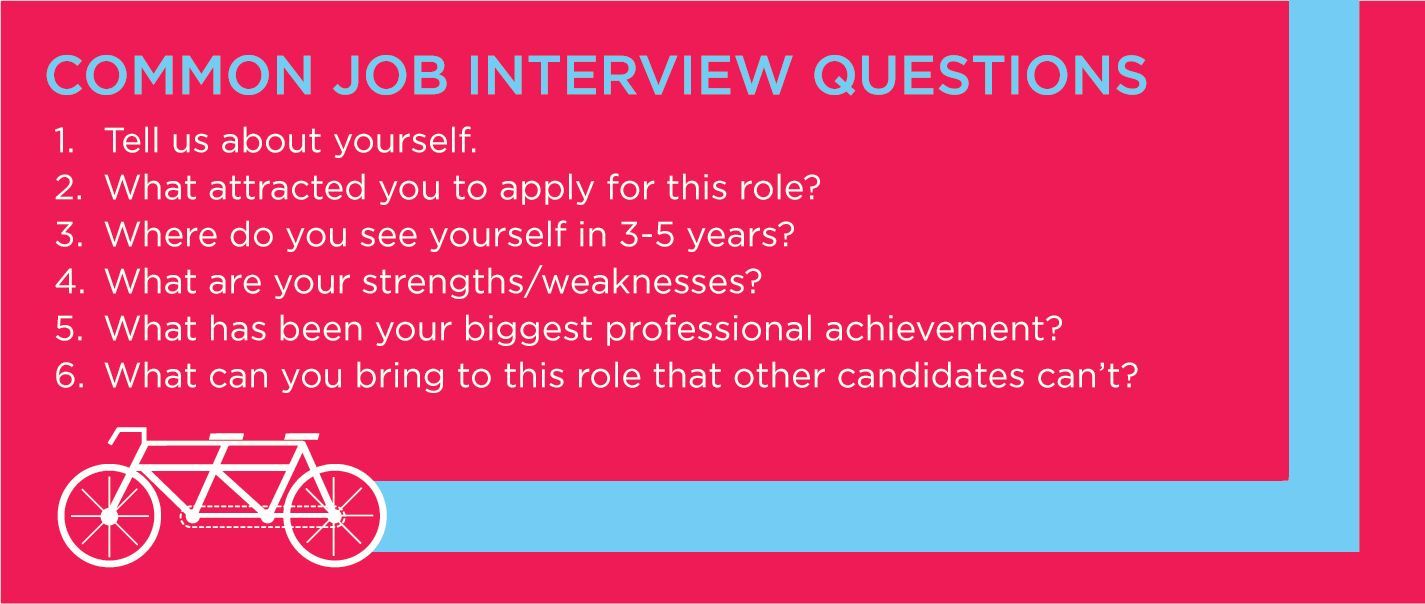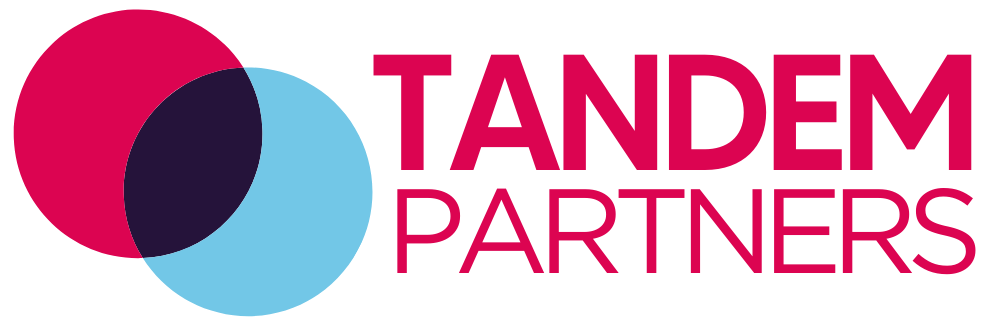How to Prepare for a Panel Interview
News

A panel interview is where multiple people interview a candidate for a particular role. There could be as few as two or as many as four or more individuals interviewing you, and they will likely come from varied professional backgrounds – some from the relevant department to the role for which you’re interviewing, others from elsewhere (for instance, senior management).
If you’ve been asked to attend a panel interview for your HR role, chances are the company in question wants to assess you on a variety of measures. Each interviewer is going to have a different opinion on you, and ask different questions – some very specific to HR, some more broadly related to the company as a whole.
But does this mean you should feel more pressure going into the interview room? No! In fact, preparing for an HR panel interview is very similar to preparing for a regular interview, with a few extras things to consider. So, how do you ace your panel interview?
1. Prepare as You Would for a Normal Interview
Everything you’d typically do before interviewing for an HR job you can do here.
Long before your scheduled appointment, make sure you’ve done all of the following:Long before your scheduled appointment, make sure you’ve done all of the following:
- Research the company: You must understand what the company does, so you can clearly answer how you will fit into their workplace.
- Memorise the job listing: If you applied via a job listing, chances are this will come back up in the interview. Memorise what the job will involve and the key skills required, so you can explain what you bring to the table as a candidate.
- Prep for common questions: Every interview is different - especially panel interviews - but common questions are common for a reason. Prepare detailed, clear answers to the most common job interview questions.
When comparing job offers, the work/life balance on offer can often be the deciding factor. Flexible working hours and the option to work from home can be extremely enticing, particularly if you have a young family or other personal commitment.

2. Find Out Who is Joining the Panel
Standing out in a panel interview will be made a lot easier by knowing who is joining you on the day. Politely ask your contact person for the names and job titles of everyone who will be on the panel. This way, you can look them up on LinkedIn (or any other bio that they have) to better understand who they are, what they do, and what their skills are.
What should I do with this knowledge?
First, it can prepare you to field questions from certain panellists. For example, if you’re talking not just to a recruiter but also the company’s HR manager – who has been in HR for decades – you can likely expect some very specific, high-level questions from this person surrounding the HR role.
Second, knowing the names and backgrounds of each panellist will help you formulate your own questions for each of them.
3. Prepare a List of Questions for Each Panellist
In every interview, panel or otherwise, you should walk in with a list of pre-prepared questions. This shows preparedness and an eagerness for the role - both positive traits in a recruiter’s eyes.
The fact that you’re going into a panel interview for your HR role is actually a massive benefit – you will be able to ask much more detailed, specific questions because there is a broader range of people available to you.
Common Questions to Ask
- What are the day-to-day responsibilities of the role?
- What are your expectations for the role during the first 30, 60 and 365 days?
- What is the culture like here at the company?
- Where is the company headed in the next 3-5 years?
- What is the typical career path at this kind of role at this company?
4. Build a Rapport with Each Panellist
Building a rapport with an interviewer can make the discussion more of a free-flowing conversation, as opposed to a rigid Q&A session. It shows off your people skills and helps prove that you will be a good cultural fit.
Just because this is a panel of people instead of a lone interviewer doesn’t mean rapport is any less important.
During your interview, you’re going to have to remember to talk to everyone, even if they haven’t been asking as many questions. Specifically, remember to:
- Shake hands with everyone when you meet them.
- Make regular eye contact with everyone in the room, not just whoever you’re speaking to.
- Try to remember to use the panellists’ names, as this can build familiarity.
- Bring spare CVs in case there aren’t enough to go around. While your panellists are in charge of preparing themselves, some individuals may have been called into the interview fairly last minute, or else not had time to study your background. Offering a CV to everyone that doesn’t have one shows you care what they think, and allows them to ask more specific questions about your skills.
5. Prepare for Fast, Difficult Questions
Each panellist in your interview will have their own objective, and so may have a unique set of questions to ask. This can often lead to interview questions coming thick and fast – with little time to respond to the first before someone is asking for clarification, evidence, or they are moving on to a new subject.
It’s up to you to navigate this conversation as politely and respectfully as possible. For instance, if someone asks you a question before you’ve fully answered the one prior, consider whether the rest of your answer was vital to the role or not – if not, move on. If so, politely mention that you will respond in a moment, but that there is one final thought you’d like to share first.
In Summary
Panel interviews are very similar to typical job interviews. However, you can expect a broader range of personalities at the table and so a broader range of questions being asked.
It’s up to you to learn the identities of each panellist in advance and to prepare to respond clearly no matter what questions are coming your way. This will involve careful study of the company, the role, and your own background.
For more help with your search for an HR job, or to discuss your career, get in touch with the team at Tandem Partners today.
Refine results
Keywords
Contact Us
Categories
News
HR Leader Series


